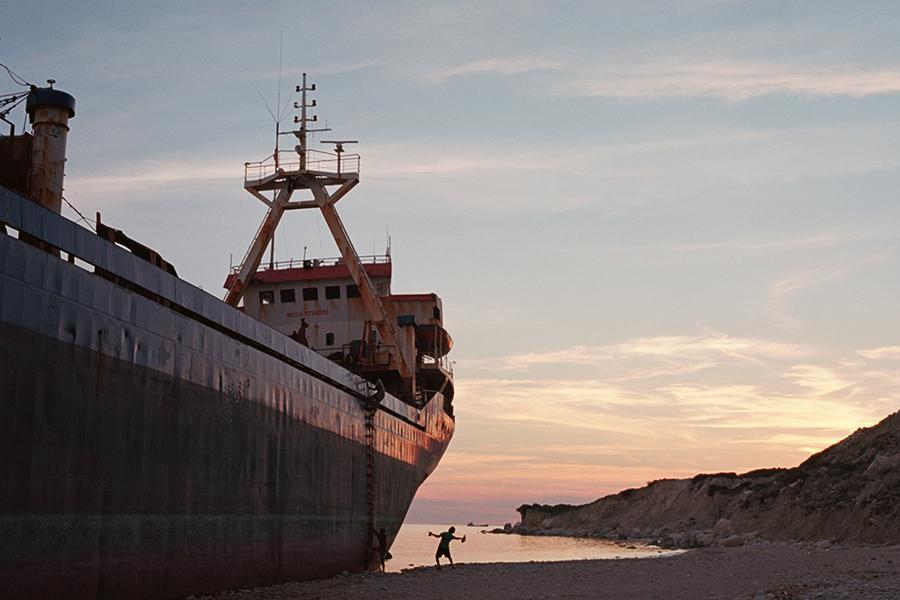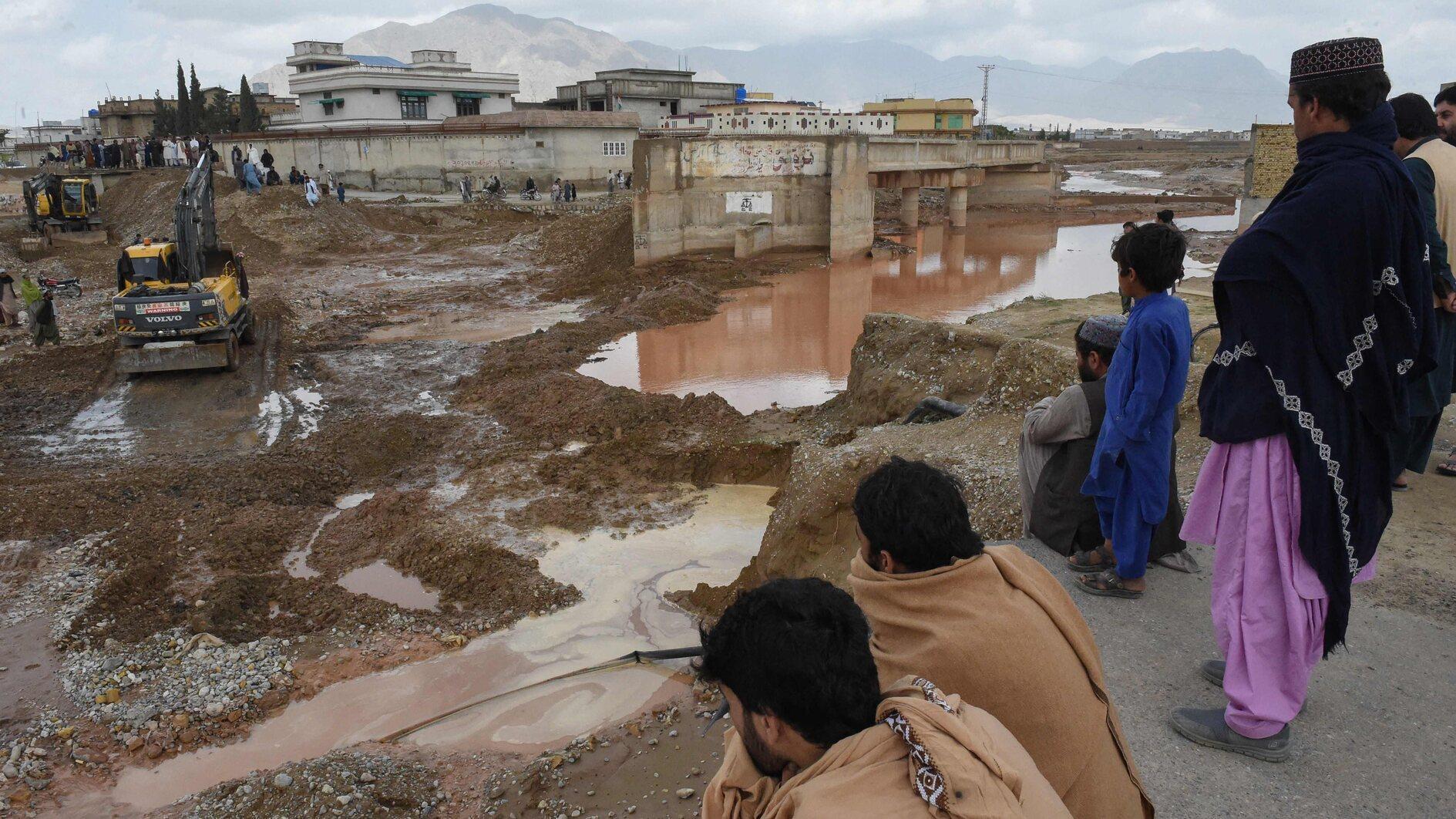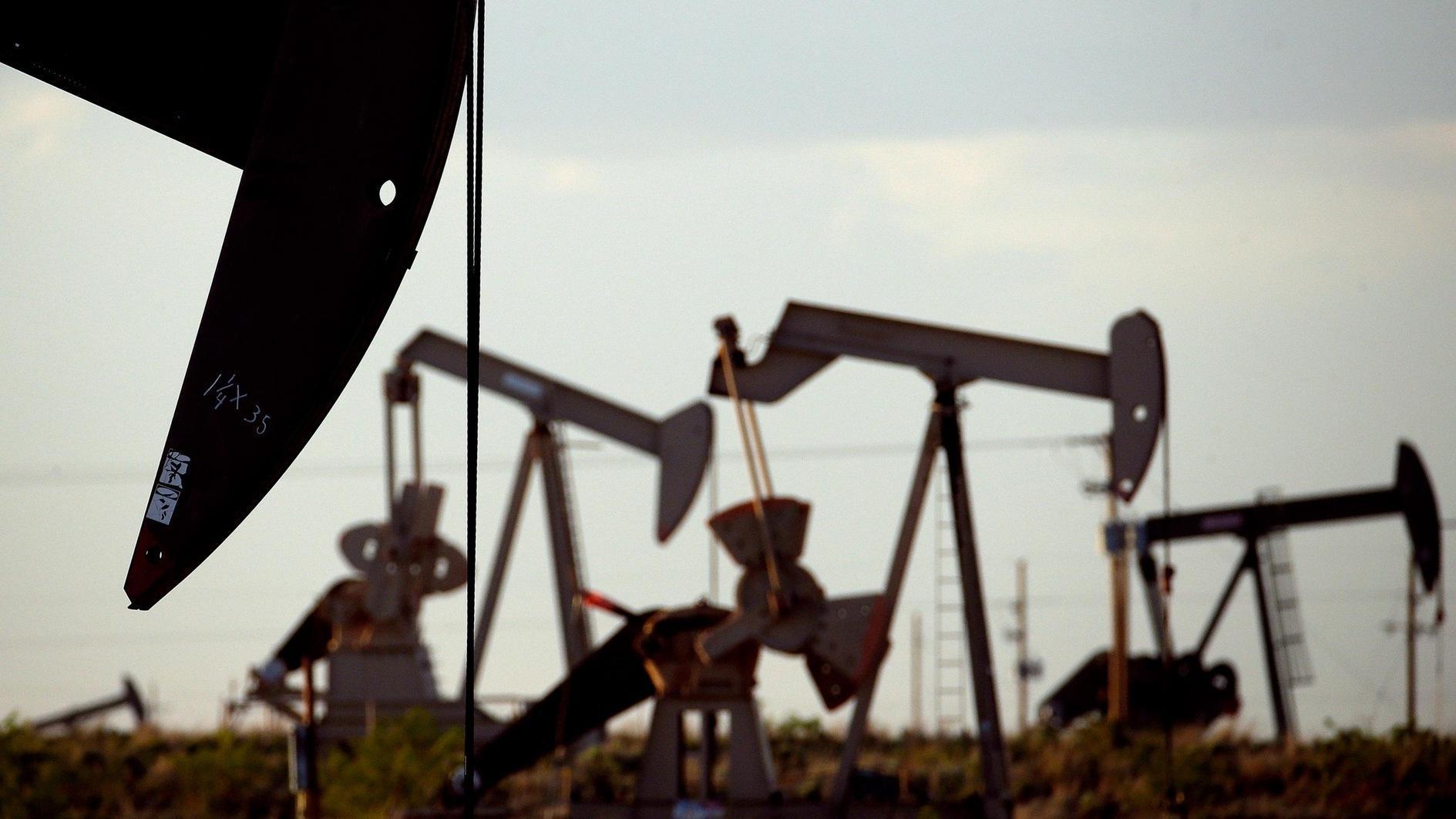Shipwreck raises asbestos pollution fears on Bozcaada
ÇANAKKALE

Experts and locals of the Bozcaada district of northwestern province of Çanakkale are worried that a shipwreck that had been dismantled on the shores of the Beylik Bay may have polluted the area with asbestos and heavy metals, daily Cumhuriyet reported on July 12.
The Sierra Leone flagged 88-meter-long, 2,250-gross-ton dry cargo vessel Mercy God ran aground on Beylik Bay in December 2014 due to bad weather. The grounded ship remained there and become a tourist attraction until it was dismantled in April.
The Transport, Maritime and Communication Ministry decided the ship would be dismantled on the spot, citing high maintenance and rescue operation costs.
However, locals reacted to the ministry’s decision on the grounds that no thorough analyses regarding the possible hazards the wreckage was posing had been carried out. They argued almost all old ships contained asbestos, thus the bay must be sealed off to carry out a comprehensive study.
The locals filed a petition with the local prefecture, asking if the wreckage contained asbestos. They argued that the dismantling operation would release asbestos and heavy metals from the vessel to the environment.
The Transport Ministry commissioned a report to an asbestos removal expert. The expert’s report concluded the ship did not contain any insulation material containing asbestos, after which the ship was dismantled in April.
A member of the platform called “Bozcaada Forum” told daily Cumhuriyet the relevant expert’s report “did not reflect the truth” and they did not trust the information in it.
A researcher at the Middle East Technical University (ODTÜ) Marine Sciences Institute said a more comprehensive analysis should have been conducted about the possible pollution from the relevant shipwreck, urging locals not to swim in the area.
Özgür Emek İnanmaz has also said such research on marine pollution should be conducted by specialized staff, including academics.
















